Home > Study Material
Welcome to Daily News Analysis, your singular resource for UPSC CSE/PCS current affairs. Grasp the importance of staying updated for your UPSC/PCS journey.
Daily News Analysis presents essential news from top sources like The Hindu, Indian Express, Business Standard, and PIB, curated in line with the UPSC/PCS syllabus. Our expansive coverage includes Politics, Economics, Science & Technology, Environment, International Relations, and Governance.
Promptness and ease. We provide the day's news by 12:30 PM, serving as a consolidated, updated information hub. With Daily News Analysis, you lead the pack, equipped with trustworthy current affairs content.
Our platform's user-friendly design integrates your daily current affairs preparation into your study regime seamlessly. Explore an array of content - articles, summaries, infographics - to bolster your understanding of worldwide events.
Empower yourself with knowledge and self-assurance, and acquire a competitive advantage with Daily News Analysis. Embark on your journey towards UPSC/PCS triumph today. Remain informed, remain ahead, every single day with Daily News Analysis! Particularly beneficial for UPSC Mains, Daily News Analysis provides detailed analysis of news along with facts, catering to the broader UPSC and PCS examinations.
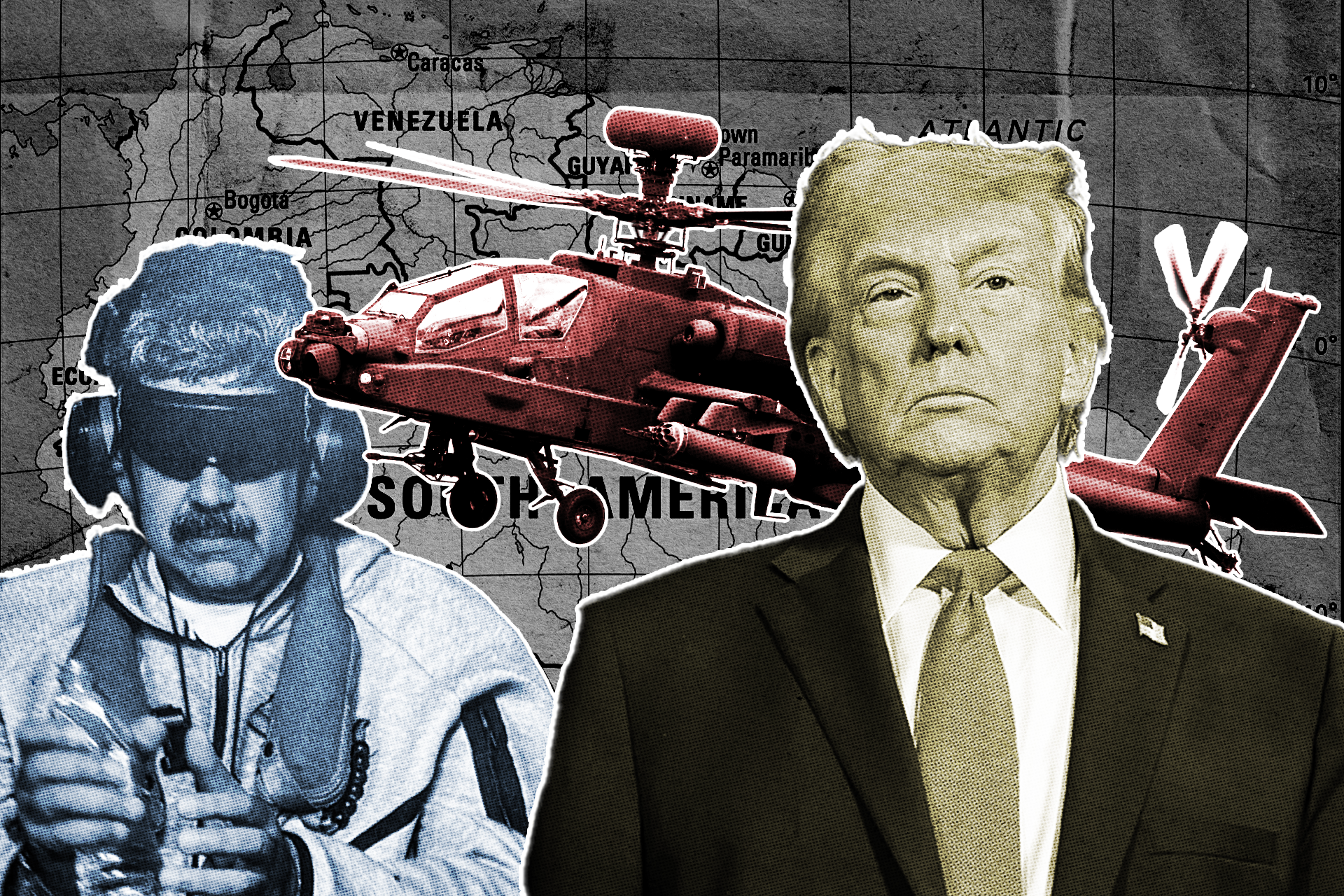
Daily News Analysis for UPSC | Current Affairs for UPSC Preparation | Dhyeya IAS / 23 Jan 2026
On 3 January 2026, international politics witnessed a major paradigm shift that not only altered the balance of power in the Western Hemisphere but also raised serious questions about the relevance and credibility of the Rules-Based International Order (RBIO) constructed after the Second World War. The detention of Venezuelan President Nicolás Maduro under Operation Absolute Resolve, carried out by the United States, was not merely an episode of regime change in a sovereign state; rather, it signalled the emergence of a new phase in American foreign policy. The articulation of the “Donroe Doctrine” by President Donald Trump made it clear that 21st-century great power politics is increasingly abandoning the normative framework of liberal internationalism and reverting to the hard realities of realism and spheres of influence..
View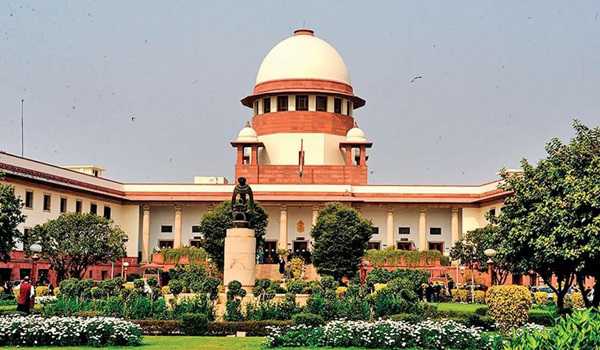
Daily News Analysis for UPSC | Current Affairs for UPSC Preparation | Dhyeya IAS / 21 Jan 2026
The Supreme Court of India’s recent verdicts on reservation, delivered within weeks of each other have provided long-awaited clarity on a contentious issue in public employment who is entitled to compete for General (unreserved) category seats, and under what conditions. These judgments are especially significant for aspirants of Union Public Service Commission (UPSC), State Public Service Commission (PSC), SSC and other competitive examinations, where disputes over cut-offs, relaxations, and category migration have frequently led to litigation and uncertainty..
View
Daily News Analysis for UPSC | Current Affairs for UPSC Preparation | Dhyeya IAS / 19 Jan 2026
In this context, defence and security cooperation emerged as a key issue during the recent visit of German Chancellor Friedrich Merz to India. Both countries signed a joint declaration aimed at strengthening bilateral defence-industrial cooperation, reflecting their commitment to deeper strategic ties. In recent years, Germany has modified its defence export norms, simplifying the approval process for Indian procurement. Long-pending applications are now being processed more swiftly, creating a more conducive environment for defence trade..
View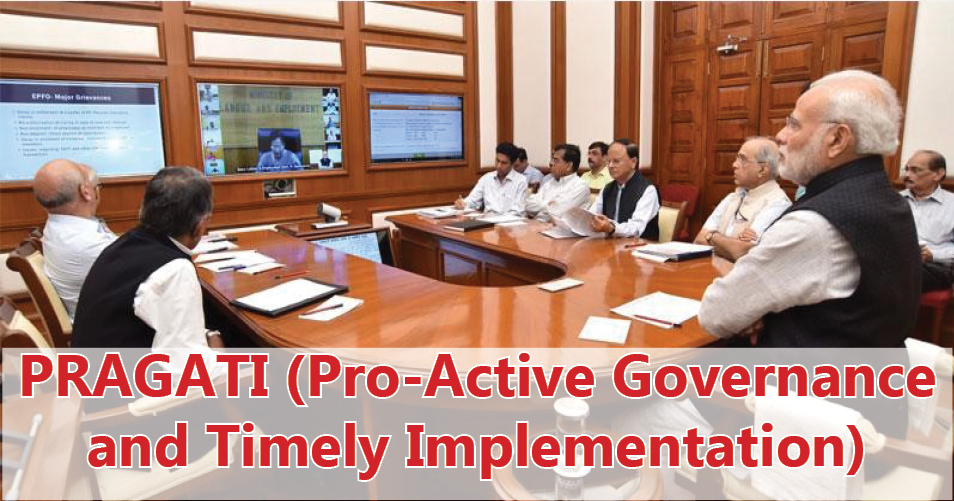
Daily News Analysis for UPSC | Current Affairs for UPSC Preparation | Dhyeya IAS / 16 Jan 2026
In India, the biggest challenge to development has often not been policy formulation, but its timely and effective implementation. Recently, on December 31, 2025, the 50th meeting of India's flagship governance initiative, PRAGATI (Pro-Active Governance and Timely Implementation), was held, marking a symbolic milestone in the Indian government's commitment to effective, technology-driven governance. Launched in 2015 as a real-time review platform, PRAGATI has become a cornerstone of administrative reforms, integrating accountability, cooperative federalism, and results-oriented public service delivery..
View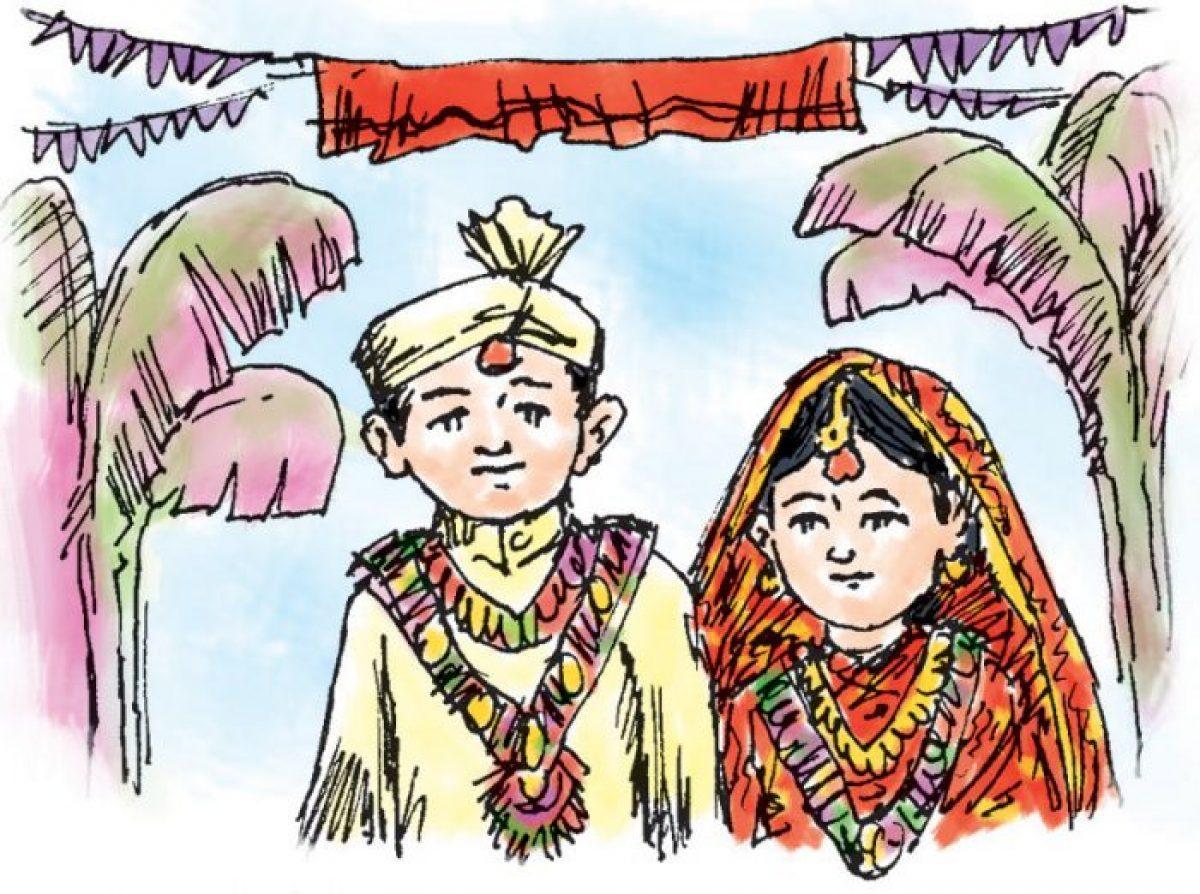
Daily News Analysis for UPSC | Current Affairs for UPSC Preparation | Dhyeya IAS / 14 Jan 2026
In view of this grave challenge, the Child Marriage Free India (BMFI) initiative, launched by the Government of India on 27 November 2024, represents a bold national commitment of the Ministry of Women and Child Development (MWCD) to eliminate child marriages across the country. The mission aims to reduce the incidence of child marriage to 10% by 2026 and to make India completely child-marriage-free by 2030. This objective is aligned not only with Sustainable Development Goal (SDG) 5.3, but also with India’s constitutional values of dignity, equality and individual liberty..
View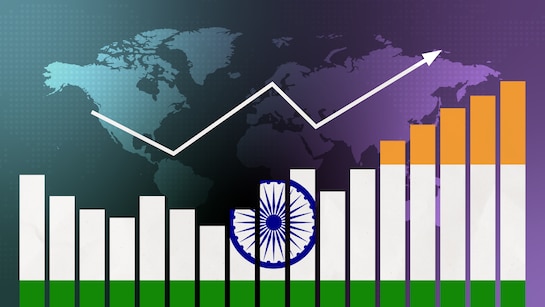
Daily News Analysis for UPSC | Current Affairs for UPSC Preparation | Dhyeya IAS / 12 Jan 2026
Recently, the United Nations published the World Economic Situation and Prospects (WESP) 2026 report at a time when the global economy is moving beyond the immediate effects of the COVID-19 pandemic while simultaneously confronting multiple, interlinked crises. Geopolitical tensions, disruptions in global supply chains, the intensifying impacts of climate change, and the rising debt burden on developing countries are collectively challenging global economic stability. The report highlights that while some emerging economies, such as India, are demonstrating relatively strong performance, many developed and developing economies continue to grapple with uncertainty and structural rigidities. According to the report, relatively stable demand in other major markets may help India partially offset the adverse effects of tariff increases..
View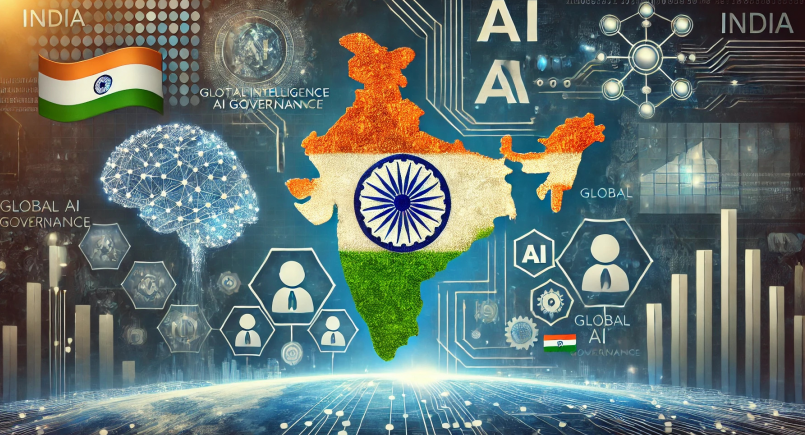
Daily News Analysis for UPSC | Current Affairs for UPSC Preparation | Dhyeya IAS / 09 Jan 2026
Artificial Intelligence (AI) has today become a decisive factor shaping global power balances, economic competition, and social transformation. Countries that adopted AI early, through policy support, investments, and institutional reforms, are now leading in innovation, productivity, and global influence. India, too, stands at the cusp of this transformation. AI is no longer confined to research laboratories or large corporations; it has entered citizens’ lives at every level. The recent roundtable interaction between Prime Minister Modi and Indian AI startups, along with the upcoming India AI Impact Summit 2026, clearly indicates that India views AI not merely as a technological upgrade but as a core national development strategy..
View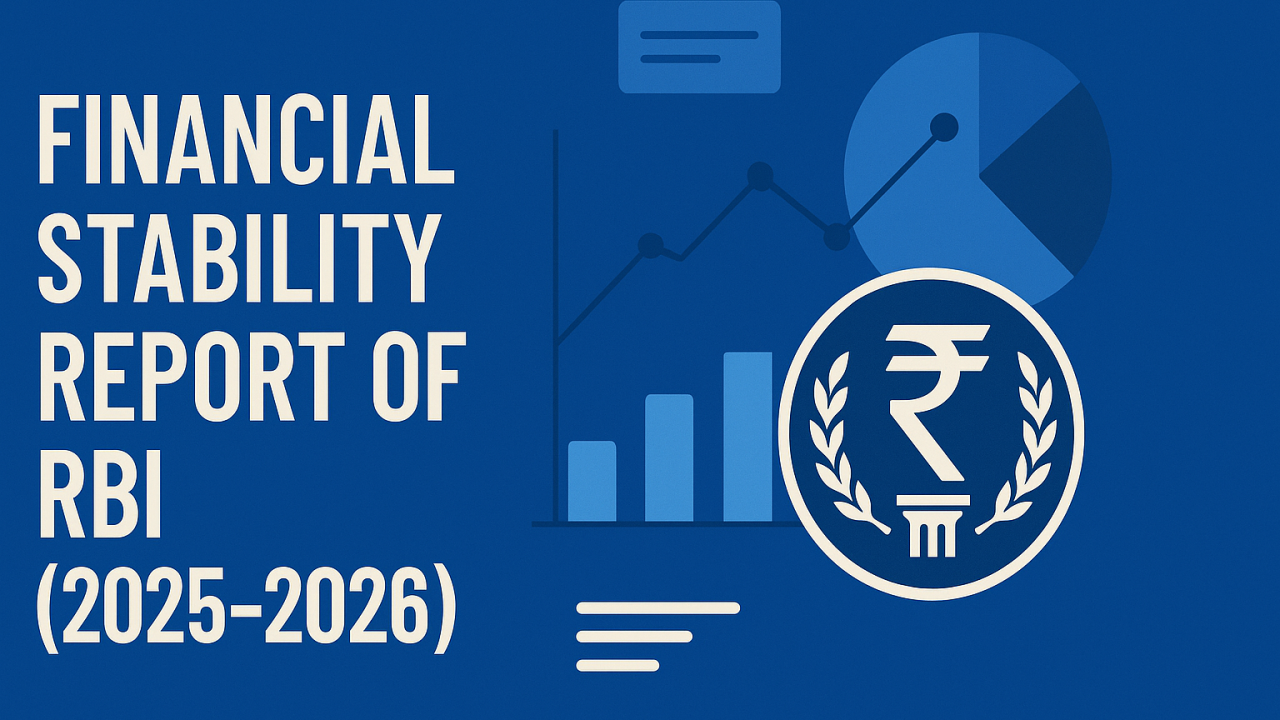
Daily News Analysis for UPSC | Current Affairs for UPSC Preparation | Dhyeya IAS / 07 Jan 2026
The stability of a modern economy depends fundamentally on the strength of its financial system. Banks, non-banking financial institutions, payment systems, and capital markets not only drive economic activity but also possess the capacity to support the entire economic framework during times of crisis. Global financial history clearly demonstrates that when financial stability weakens, its impact is not limited to the economic sphere alone; it extends deeply into social and political domains as well. The Global Financial Crisis of 2008 is a direct example, where instability in the financial sector adversely affected employment, social security, and governance structures..
View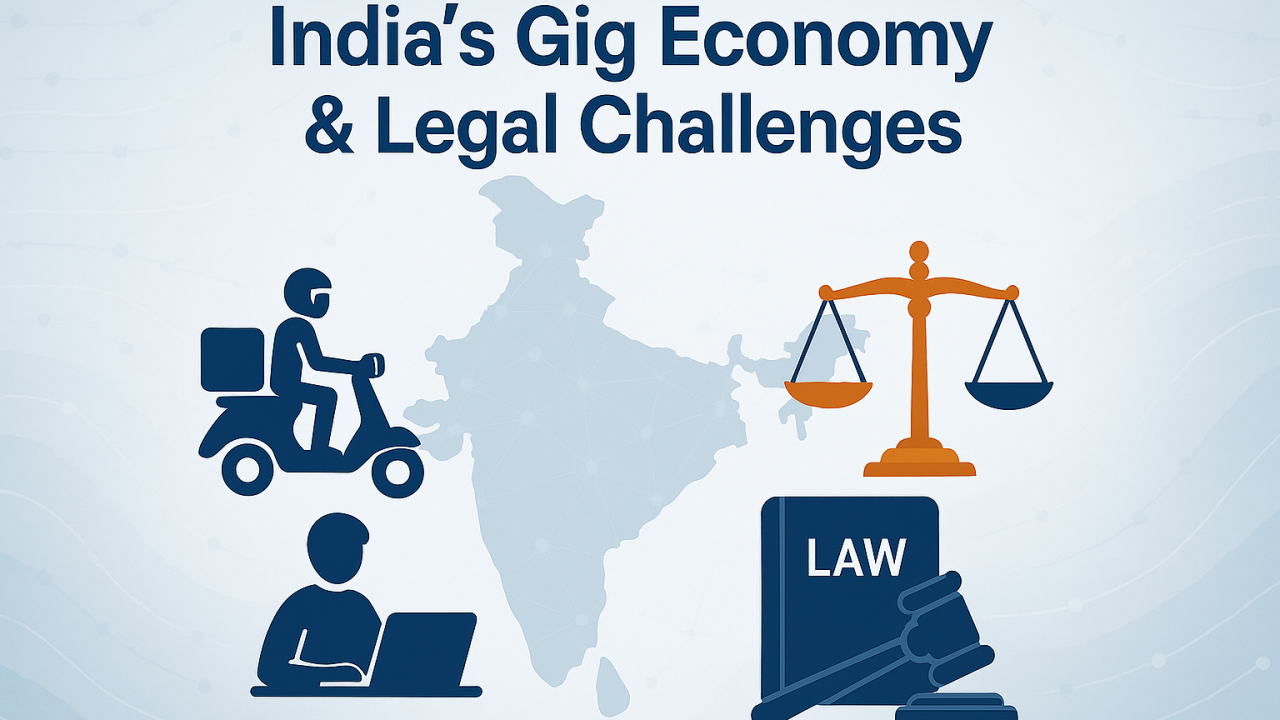
Daily News Analysis for UPSC | Current Affairs for UPSC Preparation | Dhyeya IAS / 05 Jan 2026
India’s rapidly expanding gig and platform workforce has emerged as a crucial driver of the country’s digital and urban economic ecosystem. Powered by a young demographic, widespread digital adoption, and rapid urbanisation, gig work—encompassing delivery, ride-hailing, and other app-based services—has created flexible employment opportunities for millions. However, while these workers have contributed significantly to the growth of the digital economy, they have long operated in conditions of uncertainty, low pay, and minimal social security. The recent strikes by delivery workers on Christmas Day and New Year’s Eve 2025–26, demanding a ban on unsafe 10-minute delivery models, fair wages, and legal recognition, highlight the pressing need to reconcile the interests of platform companies with the rights and welfare of their workforce. In a letter to Union Labour Minister Mansukh Mandaviya, the main union behind the strike, the Indian Federation of App-Based Transport Workers (IFAT), has raised several demands including a ban on the unsafe 10-minute delivery model, fair and transparent wages, regulation of companies under the recently notified labour code and recognition of their right to organise and bargain collectively..
View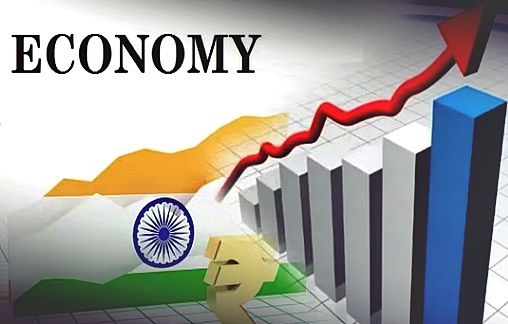
Daily News Analysis for UPSC | Current Affairs for UPSC Preparation | Dhyeya IAS / 02 Jan 2026
The 8.2 per cent real GDP growth recorded in the second quarter of FY 2025–26, the decline in unemployment to 4.7 per cent in November 2025, and CPI inflation reaching historically low levels together place the Indian economy in a rare “Goldilocks period” one in which growth is sufficiently strong while inflation remains well contained..
View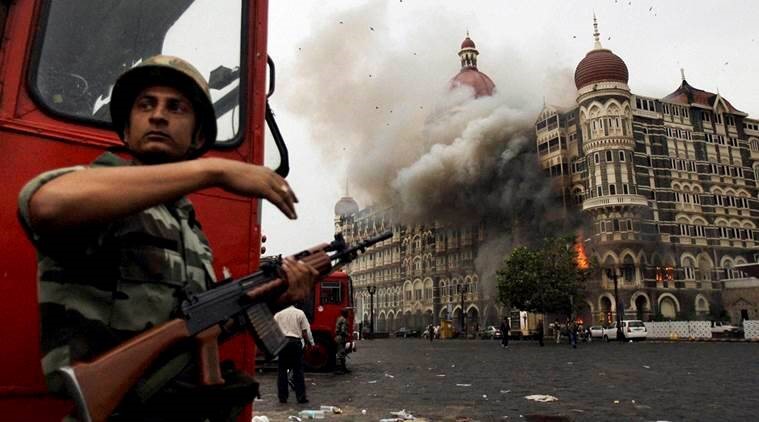
Daily News Analysis for UPSC | Current Affairs for UPSC Preparation | Dhyeya IAS / 30 Dec 2025
Terrorism has remained one of the most persistent and complex internal security challenges confronting India. Despite decades of counter-terror operations, legislative measures, intelligence reforms, and international cooperation, the threat landscape continues to evolve, shaped by cross-border terrorism, ideological extremism, cyber-radicalisation, and sophisticated terror financing networks. In this context, India’s move to finalise its first comprehensive national anti-terror policy marks a historic shift in the country’s approach to counter-terrorism..
View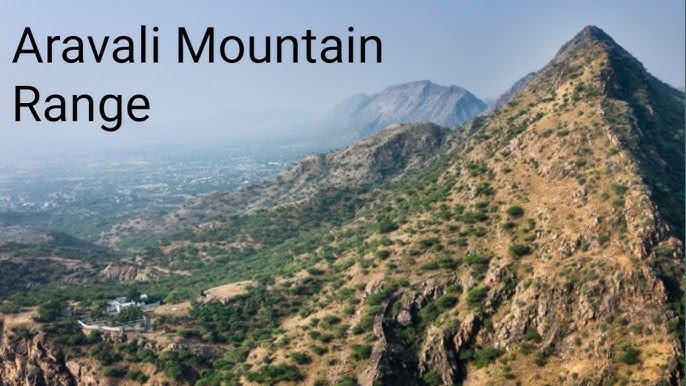
Daily News Analysis for UPSC | Current Affairs for UPSC Preparation | Dhyeya IAS / 29 Dec 2025
Recently, the Supreme Court accorded approval to the Union government’s new geographical definition of the Aravalli region, under which only those areas will be classified as ‘Aravalli’ that rise 100 metres or more above the surrounding land. This definition is to be implemented on the basis of Survey of India maps. Environmental experts argue that this redefinition could place over 90% of the Aravalli landscape outside the ambit of legal protection, thereby opening it up to mining and construction activities, which would be detrimental to the ecosystem. The Supreme Court has not imposed a complete ban on mining. Instead, it has directed the Ministry of Environment to prepare a Sustainable Mining Management Plan, after which fresh mining leases may be considered. This decision has triggered protests and the #SaveAravalli campaign in Rajasthan and several other states..
View